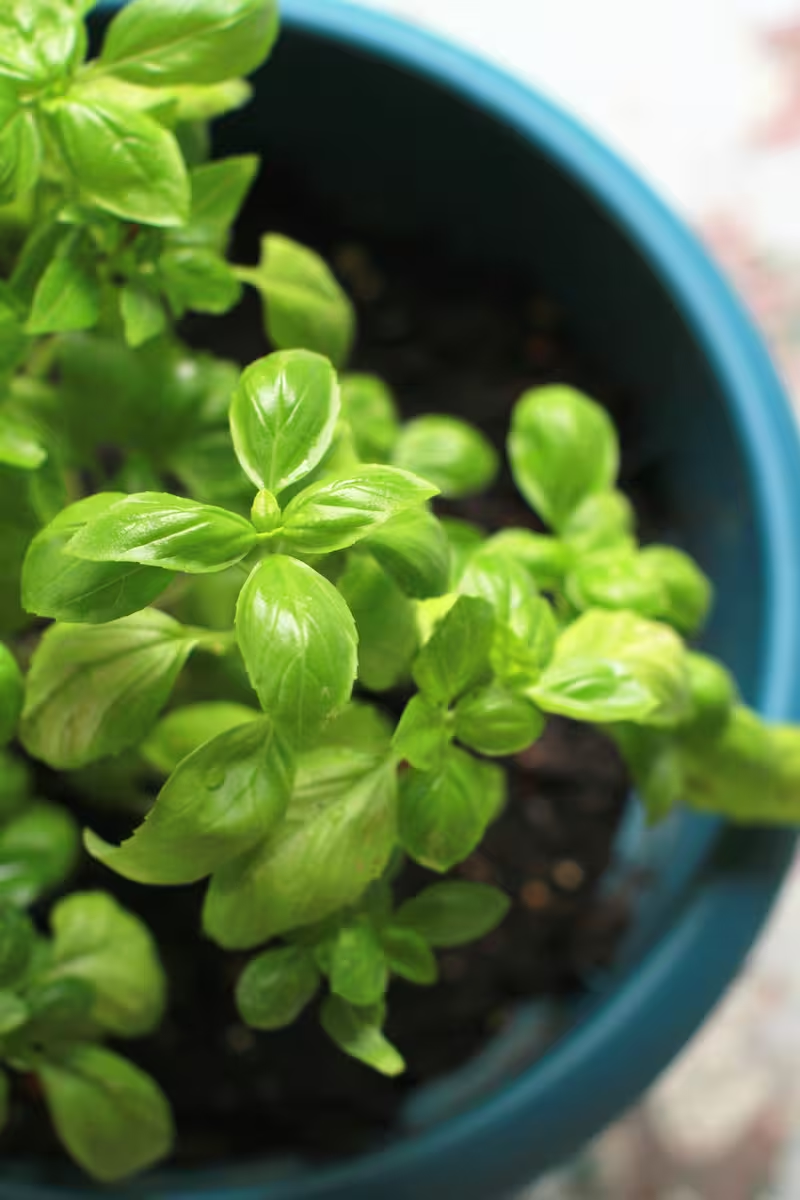Asparagus
Asparagus officinalis
Asparagus is a perennial vegetable prized for its tender spears. It's a long-term crop, with beds lasting up to 20 years. Edible spears are produced in spring, followed by fern-like foliage. It's typically grown from crowns (rootstocks) rather than seed.
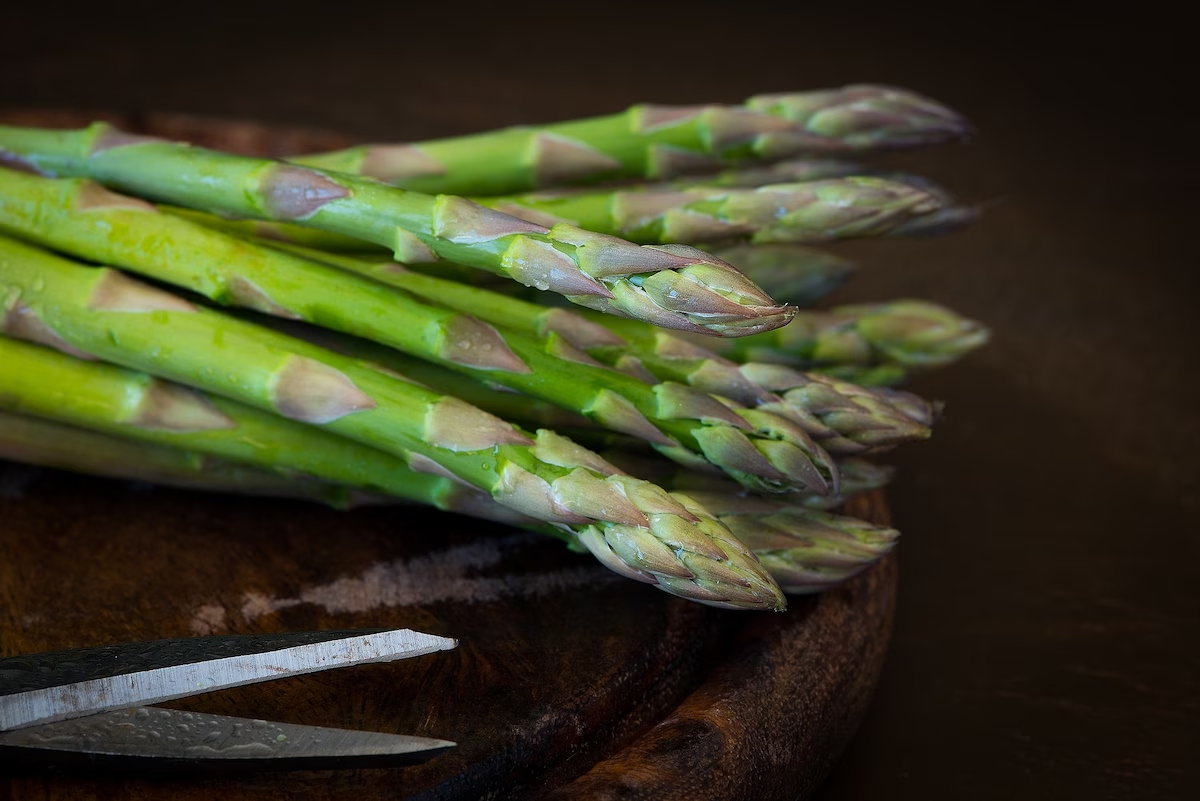
Quick Information
Planting Calendar
Growing Guide for
1 Prepare the bed
Choose a sheltered site with light, well-drained, fertile soil with a pH of 6.5-7.5. Amend heavy clay soils with compost or grow in raised beds.
2 Plant crowns
Plant crowns in prepared trenches 20cm deep, spacing them 30-40cm apart, and covering with 10cm of soil. Water thoroughly.
3 Maintain bed
Keep the bed well-watered and weed-free. Feed twice a year - once in March and again after cropping has finished.
4 Harvest spears
Cut spears just below ground level when they are 13-18cm long. Harvest at the last possible moment before eating.
Companion Planting Guide
Plants to Avoid
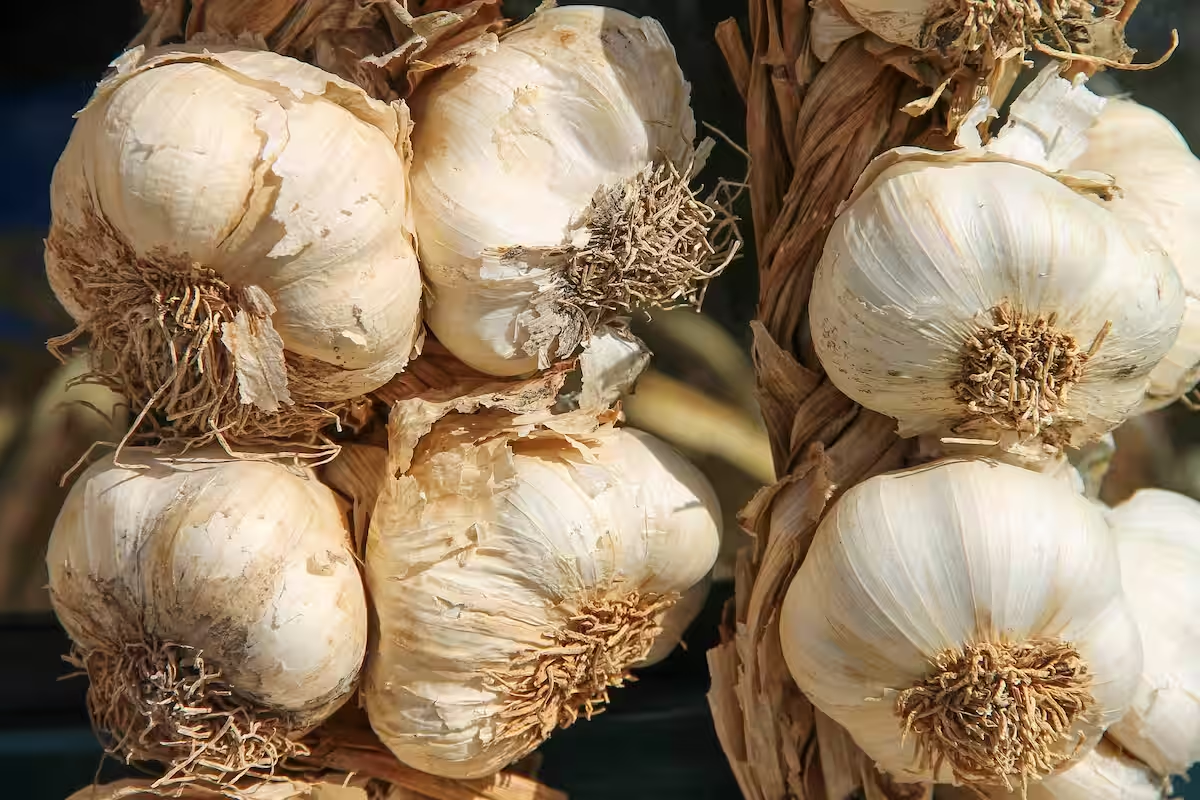
Garlic
Garlic and other alliums competes for nutrients, potentially reducing asparagus vigor due to resource competition
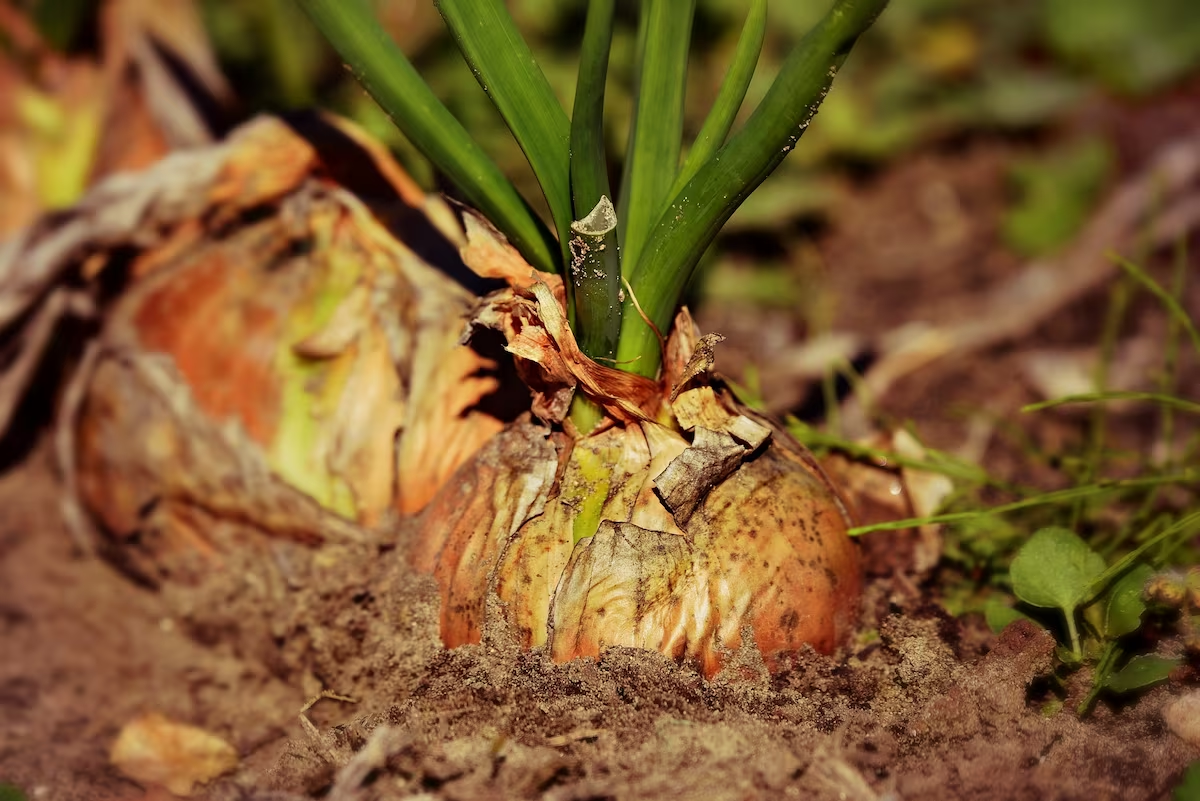
Onion
Onions and other alliums compete for essential nutrients like nitrogen and water, potentially stunting asparagus growth
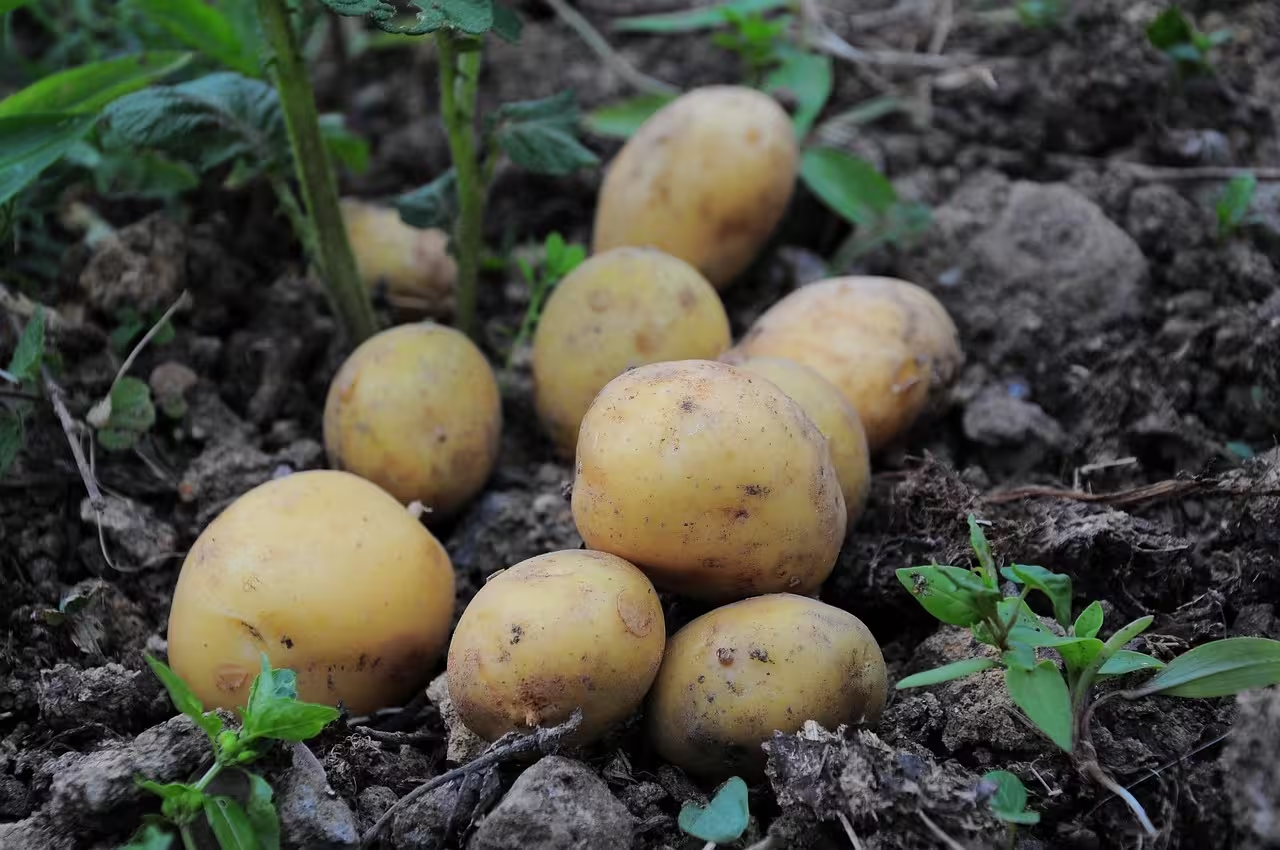
Potato
Potatoes competes for nutrients and may share diseases like blight, negatively impacting asparagus health
Why Companion Planting Matters
Companion planting can help deter pests, improve pollination, enhance growth, and maximize garden space. Some plants release chemicals that repel pests or attract beneficial insects, while others can improve soil quality or provide shade for sensitive plants.
Explore More Plants
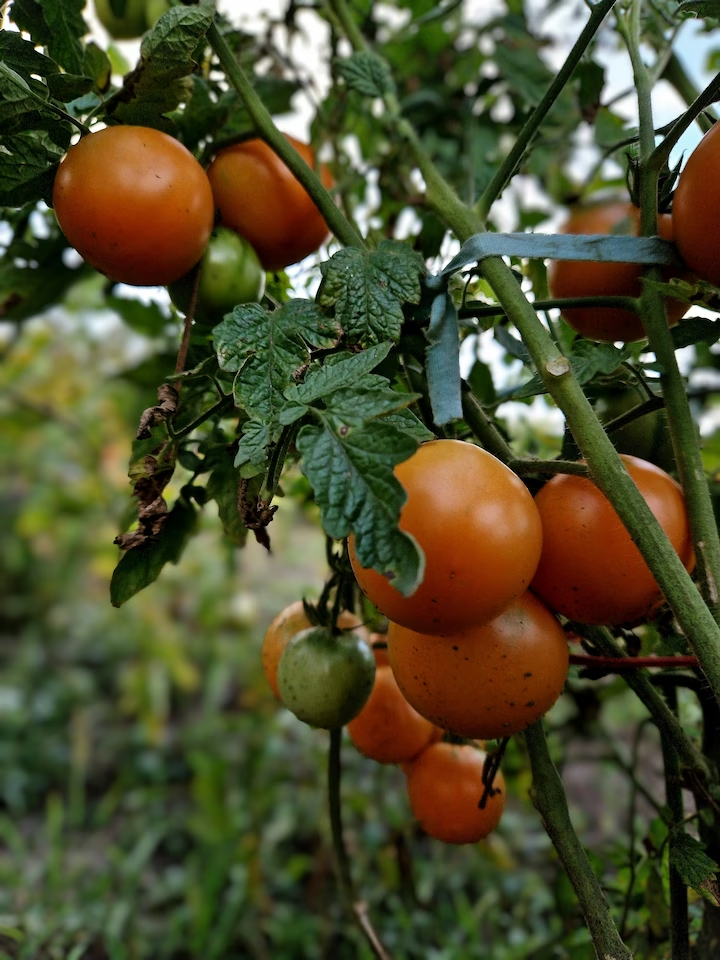
Tomato Fruit
Tomatoes are a warm-season favourite, prized for their juicy, flavourful fruits that elevate home cooking, fresh salads, and rich sauces. From tiny cherry tomatoes to huge beefsteaks, these versatile plants offer something for every gardener. Growing your own tomatoes gives the pleasure of harvesting sun-ripened, home-grown goodness straight from your garden, packed with taste you can’t find in the shops.
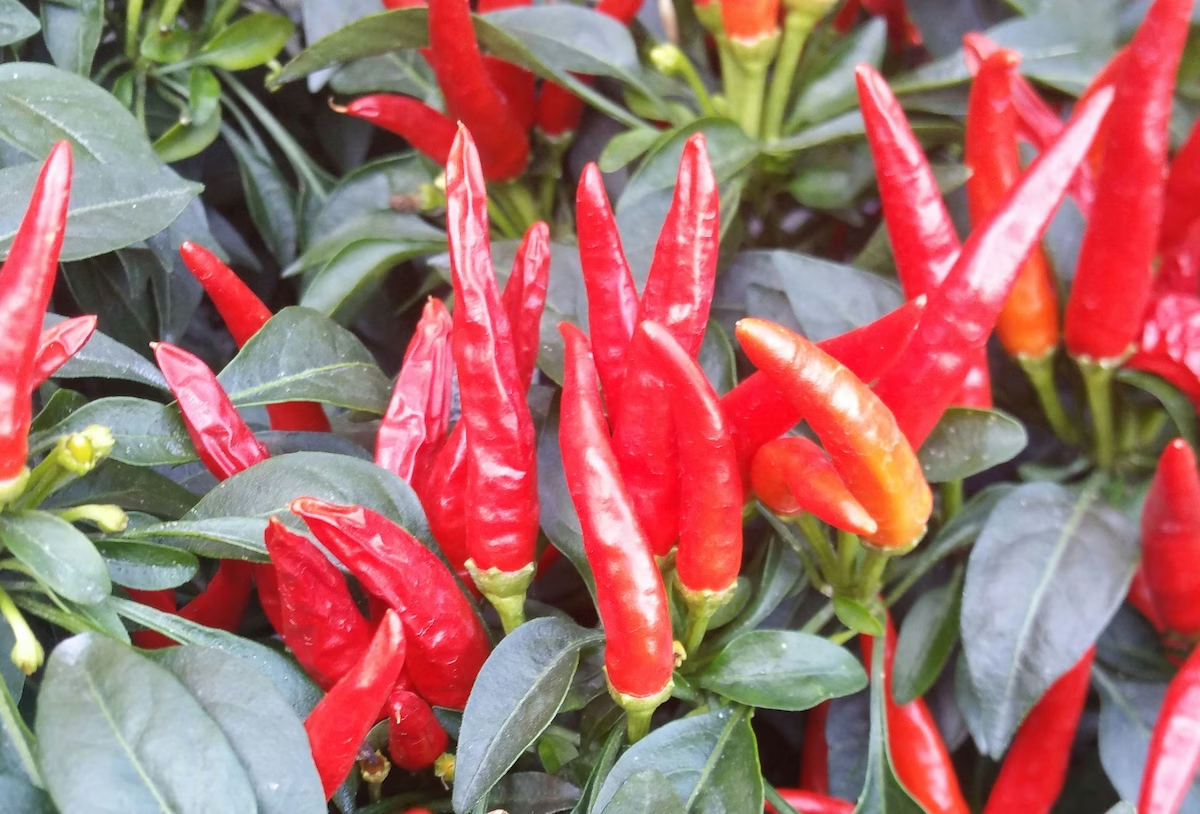
Chilli Pepper Fruit
Chilli peppers are the fiery fruits of the Capsicum family, known for their intense heat and use in various cuisines. They range in size, shape, and spiciness, adding a kick to dishes worldwide. They thrive in warm climates and require careful cultivation.
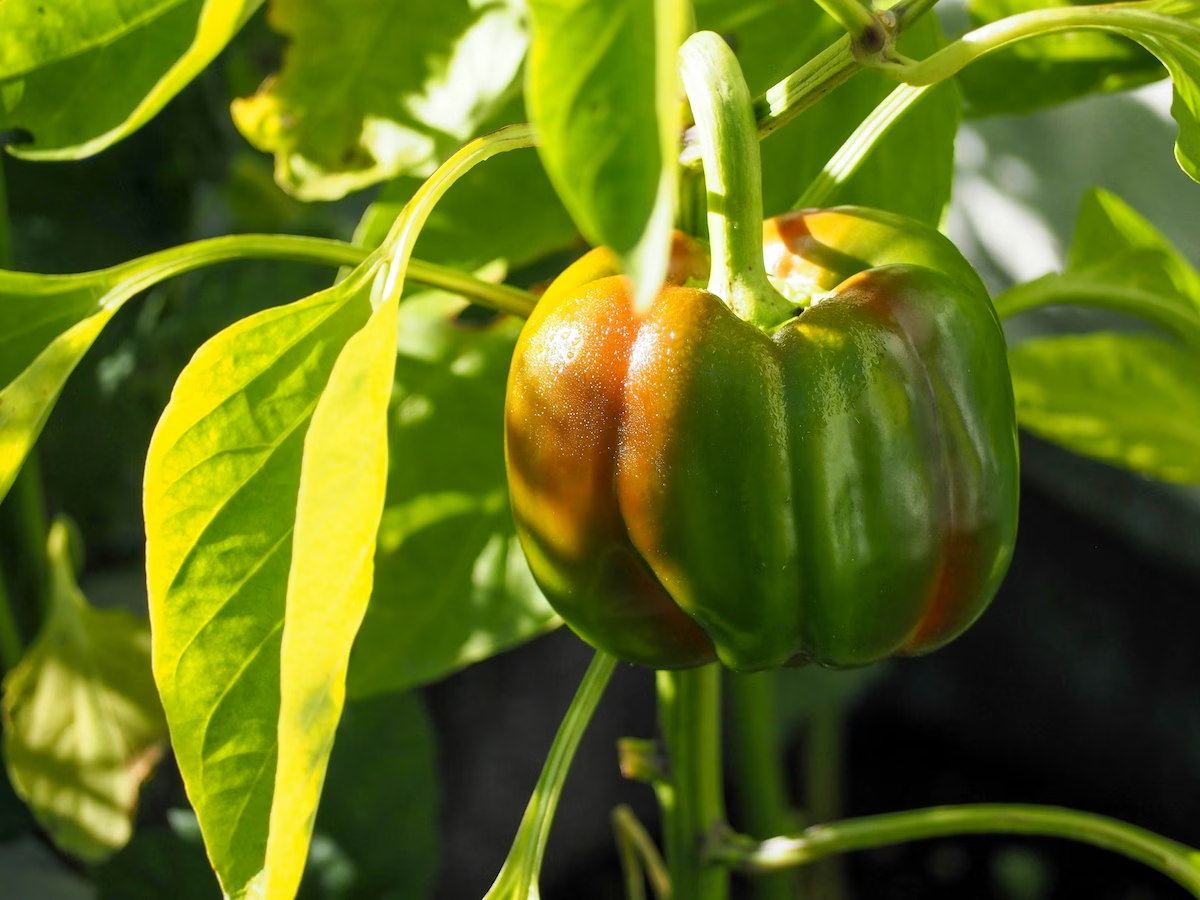
Sweet Pepper Fruit
Sweet peppers, also known as bell peppers, are a variety of Capsicum annuum prized for their large, mild-flavored fruits. They are used in a wide range of culinary applications, from salads and stir-fries to stuffed peppers and sauces. They require warm conditions and plenty of sunshine to thrive.
